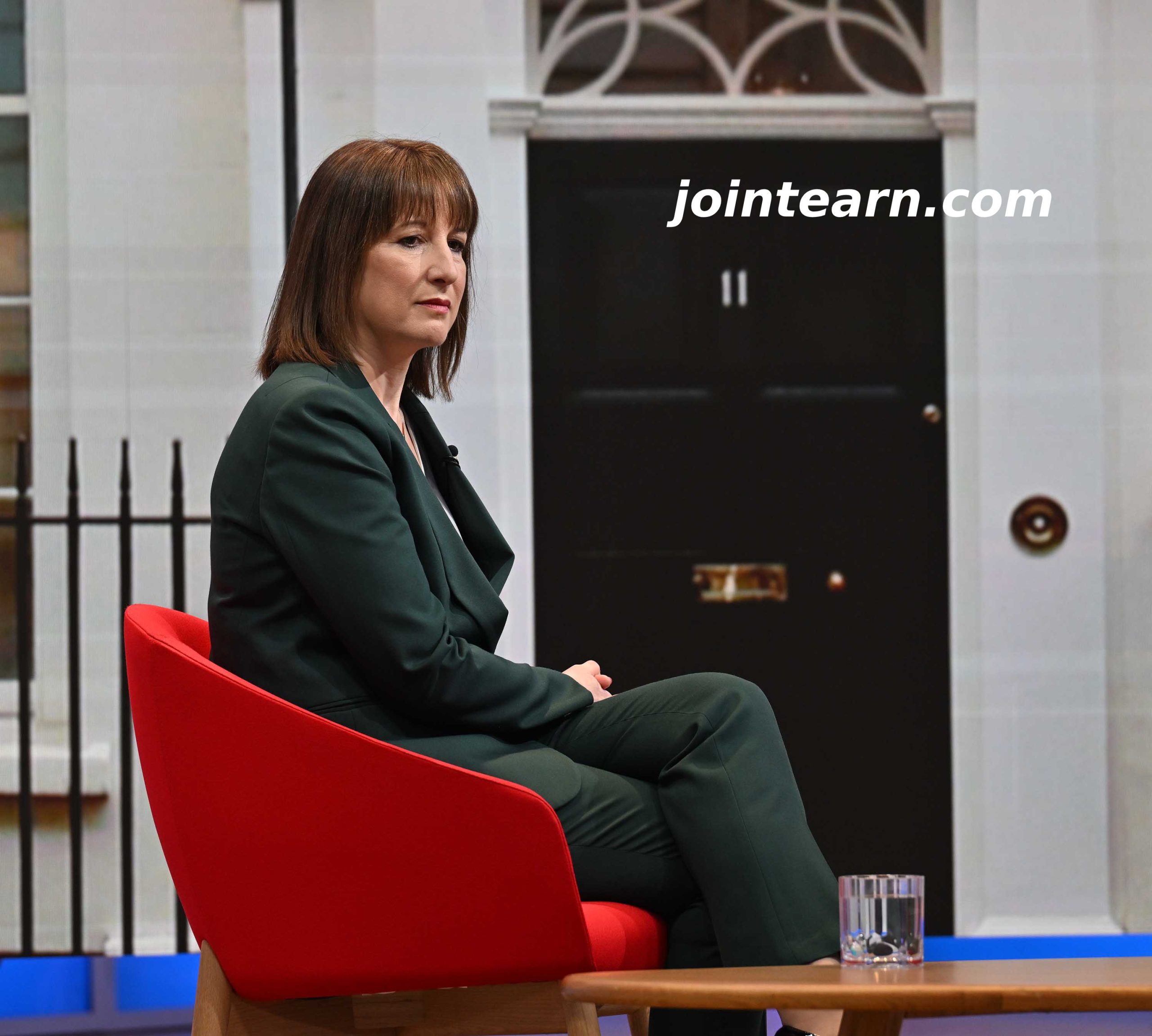Key Insights on the UK Economy and Government Budget
The UK government is set to unveil its Spring Statement 2025, which, according to Chancellor Rachel Reeves, will not introduce new tax hikes or a return to austerity measures. However, with economic challenges mounting, the question remains—how sustainable is this approach?
What to Expect from the Spring Statement 2025
Unlike a full-scale Budget announcement, this economic statement will be relatively light on new policies. The Treasury has clarified that there will be no significant tax measures, instead focusing on economic forecasts from the Office of Budget Responsibility (OBR).
The OBR’s latest projections indicate slower economic growth and higher government borrowing costs, limiting the Chancellor’s flexibility. Despite this, Reeves is determined to stick to her self-imposed borrowing rules while maintaining public spending commitments.
Can the Government Avoid Tax Increases?
Although the Spring Statement will not introduce immediate tax hikes, many experts predict the possibility of tax rises in the autumn Budget. One key concern is the need to increase defence spending, which may necessitate higher taxes. The government has signaled a willingness to engage the public in discussions about potential tax policy changes.
Additionally, there is speculation that the Chancellor may revisit the idea of extending the Conservative-era freeze on income tax thresholds—an issue that could significantly impact household finances.
Major Spending Cuts: Welfare and Civil Service
A significant £5 billion reduction in welfare spending has already been confirmed, marking the largest cut in a decade. The government is now exploring further reductions after initial savings projections fell short.
Additionally, the Chancellor has announced a £2.2 billion reduction in civil service administration costs by 2029-30, including a targeted 15% cut in spending on wages and consultants. Although the government plans to trim 10,000 jobs, critics argue that automation and artificial intelligence (AI) may not be enough to offset potential disruptions to public services.
Growth Concerns and the UK’s Economic Future
One of the most pressing issues in the Spring Statement is the downward revision of the UK’s economic growth forecast for 2025. While the Treasury has been advocating for recognition of its growth-boosting policies, such as planning reforms, the OBR has reportedly taken a stricter approach in its evaluations.
Despite uncertainties, government officials remain optimistic about the UK’s ability to maintain strong trade ties with major global economies, including the US, EU, China, and the Gulf nations. This could position the UK as a leading player in international trade and investment.
Final Thoughts: What This Means for Businesses and Households
With no immediate tax increases and a promise to avoid deep spending cuts, the Spring Statement offers short-term relief for households and businesses. However, with rising government borrowing costs and slow economic growth, tough decisions may be on the horizon.
As the economic landscape evolves, small businesses, particularly in retail and hospitality, are eagerly watching for potential government support to offset National Insurance and wage increases.
Stay Updated on the UK Economy
The Spring Statement 2025 is a crucial moment for the UK economy, shaping fiscal policy ahead of the next full Budget. Follow the latest updates on tax policy, government spending, and economic forecasts to stay informed about what’s next for businesses and households alike.












